The other night at my friend's birthday party, we got into a lively debate about "America." Chileans get pretty ticked off when gringos call themselves "Americans" to refer to the "United States of America" because South America is still part of America the dual-continent, but not part of the USA. Thus, chileans think it is arrogant for estadounidenses (people from the United States) to use the title "American" under the assumption that others will understand they are talking about the US.
In Spanish, it's easy to say "I'm a United States-ian" with the word "Estadounidense." In English, it's easier to just say "I'm American;" however, it's not much more difficult to say "I'm from the United States." However, even the latter presents challenges: my friend pointed out that there is also a United Mexican States that most people are unaware of; thus, we should clarify between the United States of America vs. the United States of Mexico.
When you get down to the nitty gritty of it all, the argument seems kind of silly and it's hard to arrive at a good conclusion. But my curiousity led me on an investigation into which continent is the true America. Found some interesting tidbits to add to the confusion:
1) Say my name, say my name
Okay don't know about you, but I always learned that America was named after mapmakerAmerigo Vespucci who explored South America from 1499-1502. This is still a common consensus. However, BBC.com has informed me about another potential candidate for the "name that country" contest. Apparently, some guy named Richard Amerike, a merchant who funded John Cabot's expedition to North America in 1497, might deserve the true claim to fame. It's argued that Amerike is the more likely namesake of the country because places were usually named after people's last names rather than their first names. (Hence, naming us after Amerigo would make our country Vespuccia or Vespucci Land or something like that).
2) Identity crisis
However, regardless of who we're named after, the North and South American continents probably shouldn't be named America at all. If our plan was to name our country after the first European explorer to arrive, we should probably be named Columba or something, since in fourteen-hundred ninety-two, it was in fact Columbus who sailed the ocean blue.
If we decide that the true America is the place that was discovered first by Europeans, (presuming that Columbus was the first to arrive) then the place to receive that title of the "first" America would be not be mainland North OR South America; rather, the prize would go to the Bahamas - right smack dab in the middle of the two giant landmasses. According to wikipedia, the Bahamas are part of North America, so one could argue that Columbus landed in North America first. However, he then hit mainland South America before reaching mainland North America, so perhaps South America is the more American continent.
But really...Columbus wasn't the first guy to discover the Americas. There was a whole heap of indigenous tribe that beat him to that. So if we call those people "indians," perhaps we should really be named the Western Indies?
3) X marks the spot
However, if we are going to stick with the name America and just try to figure out where our name first started being used, we should look no farther than the Waldseemuller map (1507) --the earliest existing map using the label "America." The word is placed on South America, above present-day Chile and Argentina. So does this mean that South America is the "true"/"original"/"first" America?
Ay what a mess. Where to go from here? This guy proposes we change our name to the United States of North America. I say we just all try to proceed with caution about how we portray ourselves and how we interact with the rest of the world and we all just live as one big happy misnamed American family. Or we come up with some acronym using the first letters of all fifty states.

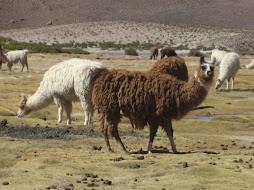
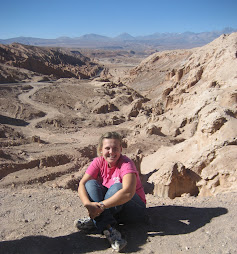

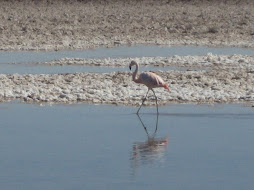
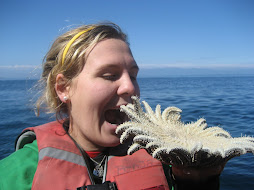
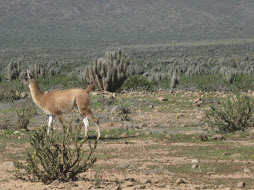
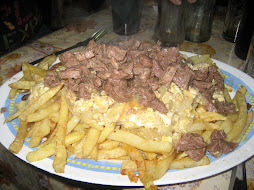
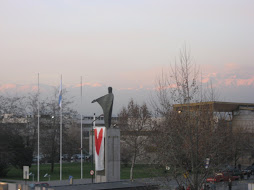
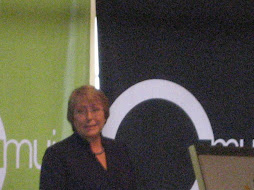
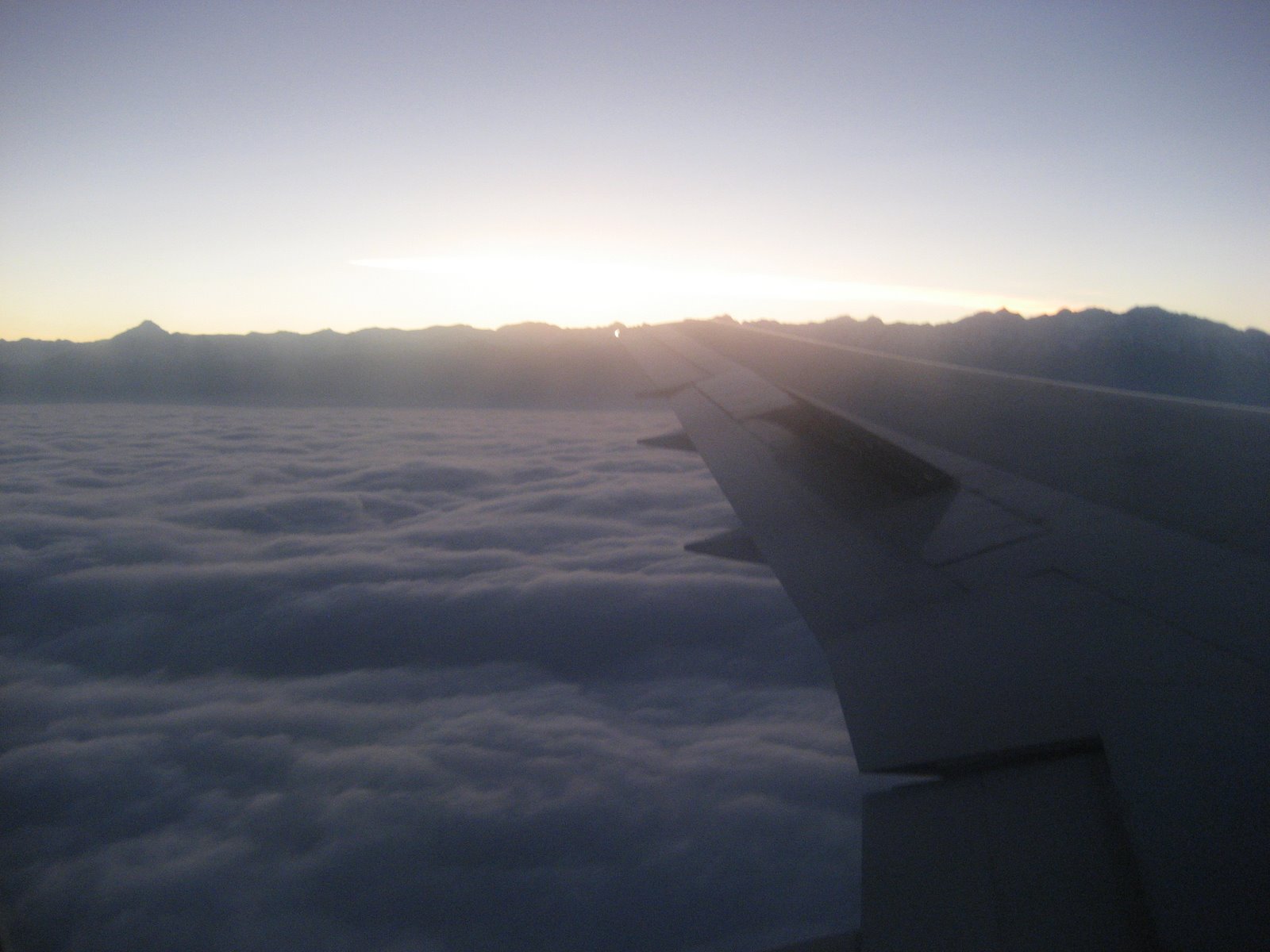




No comments:
Post a Comment